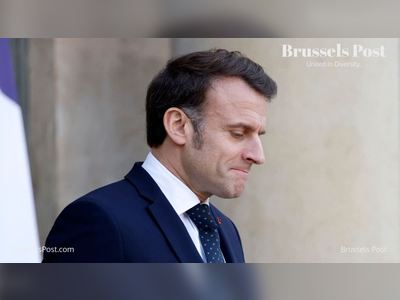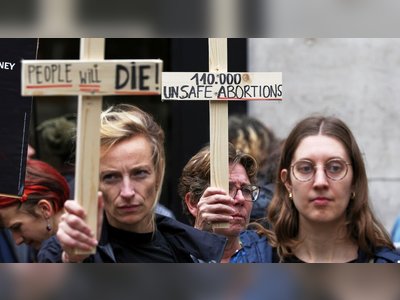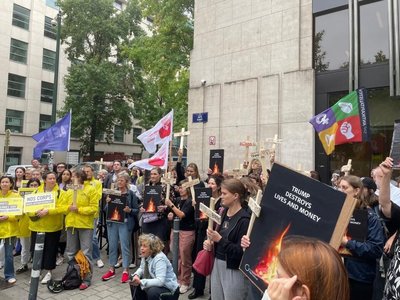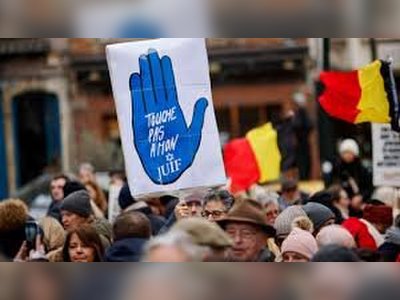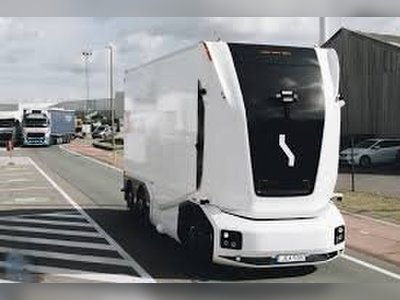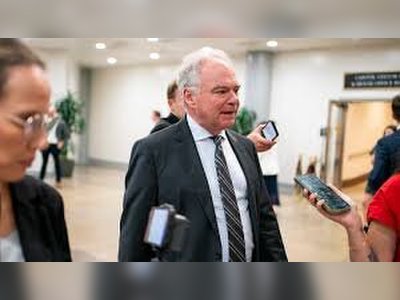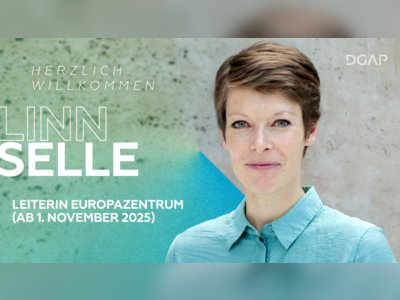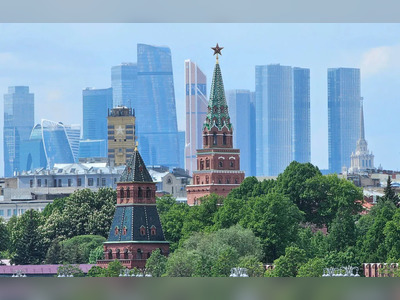
Germany's Possible Nuclear Revival Faces Major Hurdles as Merz Reconsiders
Friedrich Merz concedes revival of nuclear energy in Germany unlikely despite past criticism of phase-out.
Friedrich Merz, the leading candidate to become Germany's chancellor following the upcoming February 23 elections, has acknowledged that reviving Germany's nuclear energy sector is increasingly improbable.
This admission follows longstanding criticism from Merz's party, the Christian Democratic Union (CDU), regarding the timing of Germany's nuclear phase-out.
At a recent meeting with a conservative workers' union, Merz stated, 'They are being dismantled, they are being decontaminated.
There is no way to fix this, most likely,' referring to the decommissioned reactors.
He further noted that the chances of reactivation are 'lower by the week.'
Germany decommissioned its last three operational nuclear reactors in April 2023, in accordance with a decision made in 2011 by then-Chancellor Angela Merkel, also from the CDU.
Despite his recent remarks, Merz reiterated that the decision to opt-out of nuclear technology was a 'grave strategic mistake.'
This signals a shift from the CDU's election manifesto, which had promised to reconsider the possibility of restarting operations at recently shut-down nuclear plants.
The manifesto also mentioned potential exploration into advanced nuclear technologies such as fourth and fifth generation reactors, small modular reactors, and nuclear fusion.
However, the viability of these emerging technologies for energy generation remains uncertain.
As of now, the CDU has not commented on any potential shift in their official stance following Merz’s remarks.
The political landscape surrounding Germany's nuclear exit has been contentious, particularly as the phased closures coincided with the 2022 energy crisis.
During that period, Chancellor Olaf Scholz extended the operation of the remaining three nuclear power stations through the 2022/23 winter.
A parliamentary committee, convened in 2024 by conservative members, examined allegations that Economy Minister Robert Habeck of the Green Party pushed for the shutdown adhering to green ideology, allegedly at the expense of Germany’s energy security.
Scientists and operators involved in the debate argued that reactivating the existing power stations was unrealistic, with new construction requiring significant time and financial investment.
Detailed internal communications from the economy ministry were scrutinized, though scientists and operators maintained that closures had not compromised Germany's energy security.
Habeck assured the committee that decisions were made without ideological bias.
_[Edited by DC/OM]_
This admission follows longstanding criticism from Merz's party, the Christian Democratic Union (CDU), regarding the timing of Germany's nuclear phase-out.
At a recent meeting with a conservative workers' union, Merz stated, 'They are being dismantled, they are being decontaminated.
There is no way to fix this, most likely,' referring to the decommissioned reactors.
He further noted that the chances of reactivation are 'lower by the week.'
Germany decommissioned its last three operational nuclear reactors in April 2023, in accordance with a decision made in 2011 by then-Chancellor Angela Merkel, also from the CDU.
Despite his recent remarks, Merz reiterated that the decision to opt-out of nuclear technology was a 'grave strategic mistake.'
This signals a shift from the CDU's election manifesto, which had promised to reconsider the possibility of restarting operations at recently shut-down nuclear plants.
The manifesto also mentioned potential exploration into advanced nuclear technologies such as fourth and fifth generation reactors, small modular reactors, and nuclear fusion.
However, the viability of these emerging technologies for energy generation remains uncertain.
As of now, the CDU has not commented on any potential shift in their official stance following Merz’s remarks.
The political landscape surrounding Germany's nuclear exit has been contentious, particularly as the phased closures coincided with the 2022 energy crisis.
During that period, Chancellor Olaf Scholz extended the operation of the remaining three nuclear power stations through the 2022/23 winter.
A parliamentary committee, convened in 2024 by conservative members, examined allegations that Economy Minister Robert Habeck of the Green Party pushed for the shutdown adhering to green ideology, allegedly at the expense of Germany’s energy security.
Scientists and operators involved in the debate argued that reactivating the existing power stations was unrealistic, with new construction requiring significant time and financial investment.
Detailed internal communications from the economy ministry were scrutinized, though scientists and operators maintained that closures had not compromised Germany's energy security.
Habeck assured the committee that decisions were made without ideological bias.
_[Edited by DC/OM]_
AI Disclaimer: An advanced artificial intelligence (AI) system generated the content of this page on its own. This innovative technology conducts extensive research from a variety of reliable sources, performs rigorous fact-checking and verification, cleans up and balances biased or manipulated content, and presents a minimal factual summary that is just enough yet essential for you to function as an informed and educated citizen. Please keep in mind, however, that this system is an evolving technology, and as a result, the article may contain accidental inaccuracies or errors. We urge you to help us improve our site by reporting any inaccuracies you find using the "Contact Us" link at the bottom of this page. Your helpful feedback helps us improve our system and deliver more precise content. When you find an article of interest here, please look for the full and extensive coverage of this topic in traditional news sources, as they are written by professional journalists that we try to support, not replace. We appreciate your understanding and assistance.
